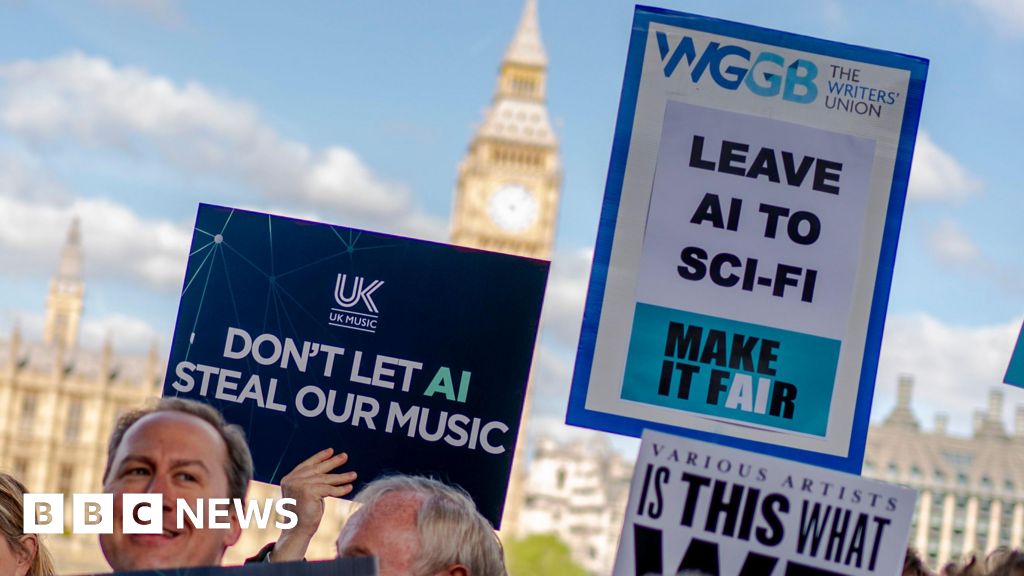
A profound debate has resurfaced in the UK Parliament as the House of Lords once again addresses the contentious issue of how to protect artists in the age of artificial intelligence (AI). With the rapid evolution of AI technologies, particularly those that generate text, images, and music, there is rising concern over the implications for creators whose work may be sourced without permission or compensation.
The core of the debate centers on how copyright laws should be updated or enforced to ensure fair treatment of human creators. Artists, musicians, writers, and other creatives are increasingly voicing concerns that their work can be scraped from the internet and then used to train powerful AI models, often without their knowledge or consent. These models can then generate content that mirrors, mimics, or even directly replicates the styles and outputs of these individuals, posing threats to their livelihoods and intellectual property rights.
Lawmakers and industry stakeholders are divided on how to strike a fair balance between fostering innovation in AI and upholding the rights of the original creators. Proponents of strong copyright protections argue that failure to act could lead to significant financial and professional damage for artists, while some tech industry figures warn that overly restrictive regulations could stifle AI innovation and economic progress.
Several policy proposals have been considered, including a requirement for AI companies to obtain licenses to use copyrighted material in training datasets and mandatory transparency about what data has been used. There is also growing interest in establishing ethical frameworks and possibly new legal definitions to handle AI-generated content versus original human work.
Culture ministers, intellectual property lawyers, and representatives from creative industries are all closely following the discussions in the House of Lords, believing that the outcome could shape the future of artistic rights in a technological age. With artificial intelligence becoming an increasingly influential force across multiple sectors, this debate is expected to continue as society grapples with aligning technological advancement with creative integrity and fairness.
Source: https:// – Courtesy of the original publisher.








